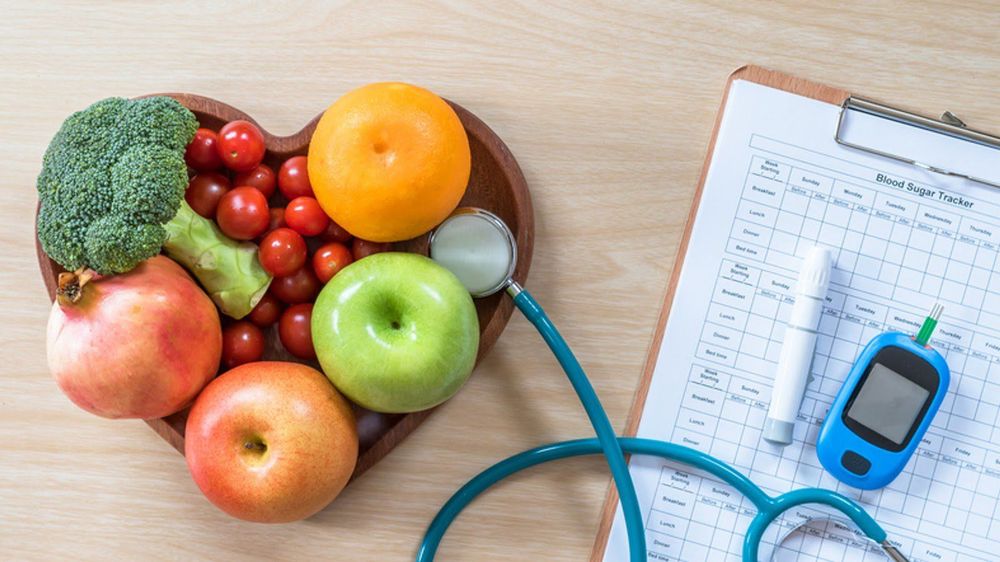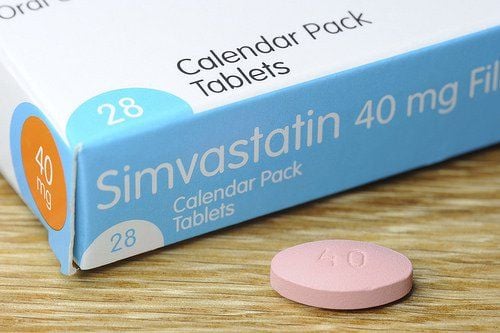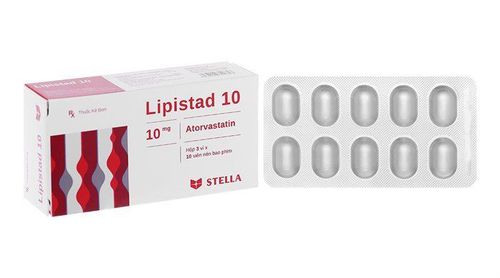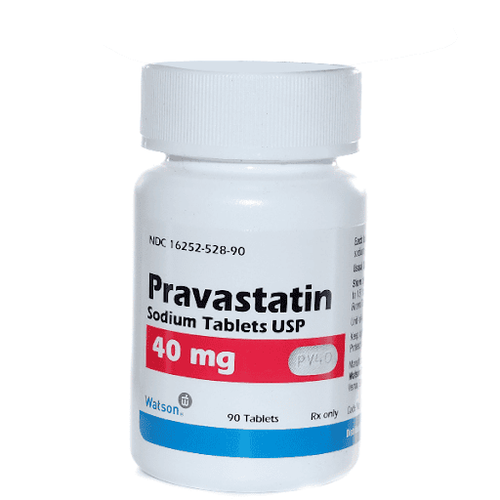This is an automatically translated article.
The article is professionally consulted by Doctor Nguyen Hung - Department of Medical Examination and Internal Medicine, Vinmec Da Nang General Hospital.Hypercholesterolemia and diabetes are two diseases that have been shown to cause cardiovascular events, increasing the risk of death for patients. So how are these two diseases related? The following article will help you better understand this issue.
1. What is cholesterol?
Cholesterol is a fatty substance produced by liver cells and partly from foods of animal origin. Cholesterol is an important component of blood lipids, plays a role in cell membrane structure, hormone balance in the body and vitamin production. Cholesterol in the body consists of 2 main types: "good" cholesterol and "bad" cholesterol, in addition, another component of blood lipids is also very important, triglyceridesGood cholesterol (HDL-C): accounts for about 1⁄4-1 ⁄3 of the total cholesterol in the blood, HDL-C is considered good cholesterol because they transport cholesterol from the blood to the liver, and at the same time remove cholesterol from atherosclerotic plaques, helping to reduce the risk of atherosclerosis as well as coronary artery disease. other cardiovascular events. Bad cholesterol (LDL-C): leads to an increase in fat in the arteries, if high levels of LDL in the blood, will increase the risk of cardiovascular disease. Triglycerides are a type of triglyceride in the blood. If you have high levels of triglycerides and LDL, your risk of heart attack and stroke is higher. When total cholesterol, LDL and triglycerides are high, they will cause deposition in the vessel walls, which over time become atherosclerotic plaques, causing blood vessels to harden and narrow gradually. The circulation of blood through the vessel wall is impeded and can lead to a blockage of the blood vessel. It is the main cause of increased complications such as myocardial infarction, cerebrovascular accident, and stroke.
2. How does diabetes affect blood cholesterol?
Diabetes mellitus is a disorder of glucose metabolism causing chronic hyperglycemia due to relative or absolute insulin deficiency of the pancreas. Diabetes is the most common chronic disease among endocrine disorders and one of the three fastest growing diseases in the world along with cancer and cardiovascular disease.According to the US Centers for Disease Control and Prevention, up to 70-90% of patients with type 2 diabetes (non-insulin dependent diabetes) have dyslipidemia. So how are diabetes and dyslipidemia related?
When type 2 diabetes is not well controlled, both glucose and insulin are elevated, insulin is the hormone that converts glucose into glycogen (a storage form of glucose) and stores it in the liver. When the liver is saturated with glycogen, glucose is used to make fatty acids, released into the bloodstream, these fatty acids are used to produce triglycerides in fat cells, leading to an increase in body fat. In addition, when blood sugar is too high, it will cause early damage to the endothelial cells of blood vessels. In addition, the increase in blood sugar causes the viscosity of the blood to increase, increasing the deposition and adhesion of fat cells to the vessel wall, creating atheroma, narrowing the lumen, and local blockage. . Damage to the coronary arteries increases the risk of angina pectoris and myocardial infarction. Damage to the cerebral arteries will lead to cerebrovascular accident, stroke.
3. How to control blood sugar well?
When diagnosed with diabetes, you need to pay attention to controlling blood sugar, cholesterol, blood triglycerides and blood pressure according to the ABC principle: A checks blood sugar through hemoglobin A1C, B (Blood pressure). blood pressure, C cholesterol.
Have a healthy, scientific diet, high in fiber, limit foods containing a lot of sugar, starch flour, fat. Exercise regularly, at least 30 minutes a day. Limit the use of alcohol, alcoholic beverages Say no to tobacco, stimulants Maintain the correct use of drugs, adequate doses Examining and checking blood sugar and blood fats periodically as prescribed by the doctor doctor. For diabetes, good control of blood sugar and blood fats is considered the key to preventing dangerous complications of diabetes. In addition to good adherence to the doctor's treatment regimen, lifestyle adjustments are also an important factor in helping patients stabilize blood sugar and reduce bad cholesterol.
Please dial HOTLINE for more information or register for an appointment HERE. Download MyVinmec app to make appointments faster and to manage your bookings easily.














